Why I’m Reconsidering My Use Of The Words “Body Positive”
I’m taking a good hard look at how and when I use the words “body positive” to describe myself and what I do. I think it’s important that we all do. I have no problem admitting when I’ve been wrong. I thrive on growth and change. So here goes:
I think I’ve been doing this wrong.
Recently, I’ve removed the words “body positive” from my Instagram bio. I’ve been carefully considering how I describe my work. I haven’t been using hashtags like #bodypositivity and #bopo. Have my values changed? Not in the slightest. I still fully support the body positive movement. I believe in Health At Every Size and promote Intuitive Eating. (Not to be mistaken for “healthy at every size” or “eat donuts for every meal”. If you haven’t already read the books by those names, please do so before you form an opinion.)
I am still proudly affiliated with Body Positive Fitness Alliance .Their 7 Pillars (accessibility, approachability, enjoyment, community, scope of practice, full health, and yes, body positivity) are the cornerstones of my coaching philosophy. I’m even (thrilled to be) listed on Superfit Hero’s Body Positive Fitness Finder.
So why am I reconsidering my use of the words “body positive” to describe myself?
For a lot of reasons. But to start, body positivity is trendy now. The mainstream media is starting to realize that the movement is picking up and that if they put the words “love your body” on a product or a service, it sells more things. The problem with this? The original meaning behind the message is getting muddled by people and companies who don’t understand it. I’m not claiming to be the expert on body positivity, but I do know I don’t want to contribute to that.
The intention behind body positivity is more than just “love your body”. It is not “Change your body to fit this societal ideal and then you can love it.” It’s not “Watch me scrunch over and take a picture of the little fat roll I made and then talk about how I still love myself.” It’s especially not “I loved myself in this “before” picture and now I love myself in this “after” picture too.” I see a lot of this under the hashtag #bodypositive on social media and I now realize how not cool it is. I feel the need to (lovingly) spread the word.
We can do better.
Know better. Do better. That’s my motto. Because I admittedly screw things up a lot. I don’t doubt that I’ll probably look back at this post in a year and cringe at some things I said. I’m sure that one of you reading this right now will probably leave me a comment or a message and call me on something I did wrong. So I’m gonna do the same now. Not for anyone in particular, but for our culture as a whole.
I want to take a moment to shine a light on a few of the things that have no business being in the same sentence as the words “body positive”.
- Diets of any kind. (If the purpose is to manipulate your body’s shape and size, it’s a diet.) No WW. No Keto. Just no.
- Before/after photos.
- Weight loss challenges or your “weight loss journey”.
- Gym selfies of people’s abs.
- Use of the word, period, when you don’t fully understand what it means.
- I’ll venture a step further and say. . .
Maybe not me either?
I don’t know. If you know me well, you know that I’ve been grappling with what to call myself and what I do for a few years now. In terms of my beliefs, I very much resonate with Body Positive Fitness Alliance’s use of the word body positive:
“All people are worthy of health, happiness, and access to fitness NOW.”
When I work with clients, I’m here for them. To help them access health, happiness, and fitness, if that’s what they’re looking for. It’s not about me. (That’s what my therapist is for.) True body positivity was has it’s roots in fat acceptance. The body positive movement was originally intended as a space for people in marginalized bodies to find sanctuary from stigma and oppression. And while I believe that all bodies are good bodies, and that you can struggle with body image at any size, women who look like me (maybe you too?) don’t need to be the center of attention in body positivity. As my mom used to tell me as a kid. “The world does not revolve around Jenna.” And to share an idea I heard from Laura Thomas PHD,
“I have every privilege except a dick.”
Wait. Before you get offended by the “p” word or the “d” word, read a bit further. You’ve seen my picture. Maybe you even know me. I hate that there’s a stereotypical look for a fitness professional but I look kinda like that. Maybe the more “jacked” variation, but still. I can fit comfortably into this teeny corner seat at the coffee shop where I’m typing this. I can find clothes that fit me at pretty much any store and the girls in their ads have bodies that look similar to mine. When I hurt my ankle and go to get treatment, I’m not given a prescription for weight loss. I have the means to buy the overpriced cupcake sitting on the counter next to me, and know that I won’t get dirty looks for eating it in public.
Privilege doesn’t mean my life’s been easy or that I love my body all the time. Same goes for you. It just means that these types of things don’t make it any harder. Privilege is complicated and nuanced. It’s possible to have privilege in some areas and feel marginalized in others. I personally have a lot of things in my favor like being white, able-bodied, straight, cisgender, relatively healthy, etc.
I also realize that because of this, people are more likely to listen to these types messages from me.
That’s the unfortunate truth. Are you uncomfortable yet? It’s ok if you are. And if you identify with any of the things I just mentioned above, you’re still a good person. I’m sure you worked hard for many of the things you have, and have lived through some really hard times. Me too. But because of what I know about the roots of body positivity, I’m going to be using the words “body positive” sparingly around here and on my social media too. Or at least try not to mix it with pictures of me wearing a sports bra, doing squats, and drinking a green smoothie. (All things that I do fairly regularly.)
I feel the need to stress that I don’t think there’s anything inherently wrong with things like kettlebell swings or a fresh haircut or wearing a bikini. But when they’re being done by a body that’s generally accepted and idealized by society, they’re not #bodypositive. They just are. For me to label them as such feels like the equivalent of taking a picture of a burger and calling it #tacotuesday. To me, it’s something completely different altogether.
What words will I use instead?
I’m not 100% sure. But I right now I’m going with who I am: A weight inclusive personal trainer, yoga teacher, and dance teacher. I coach body image. I help people repair their relationship with exercise and find joy in movement. I practice from a Health At Every Size perspective. I believe in body positivity, but now know that my best position in the movement is not to be in the spotlight. But to be one of those holding that light and shining it for the people and things that need to be seen.
I hope you’ll keep this in mind too, and maybe do a little more research on your own. Does this mean I’m never using the words “body positive” again? Of course not. Should you? I don’t know. That’s up to each individual to decide. Words matter. Let’s all be a little more mindful about how and when we choose this one.
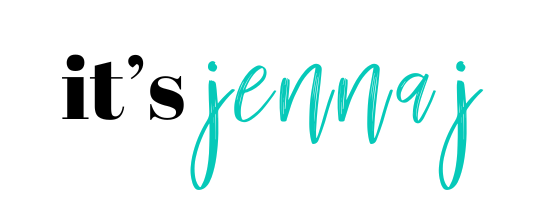
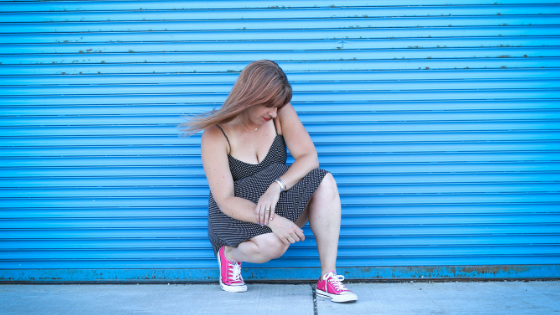
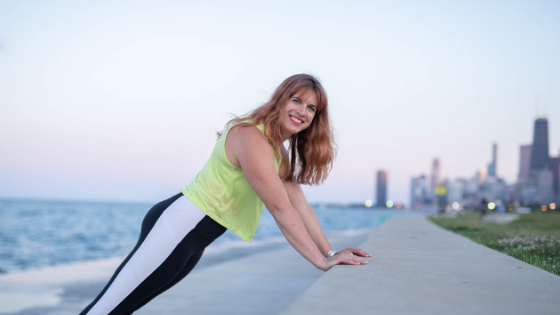
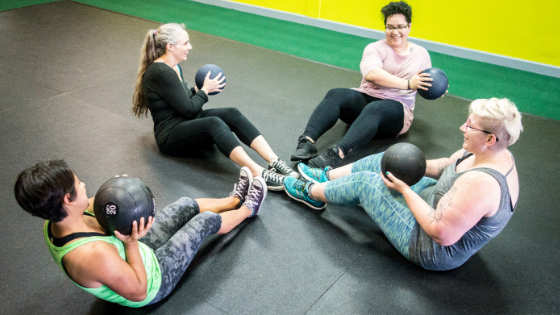
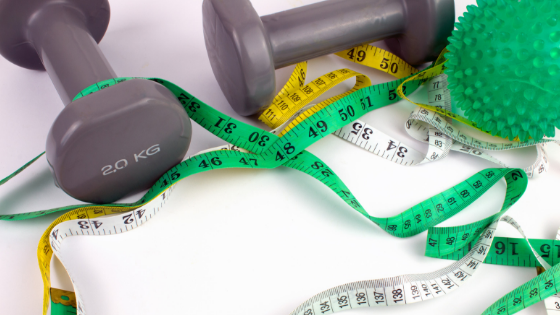
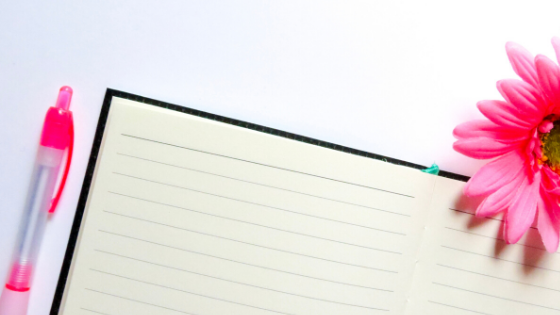
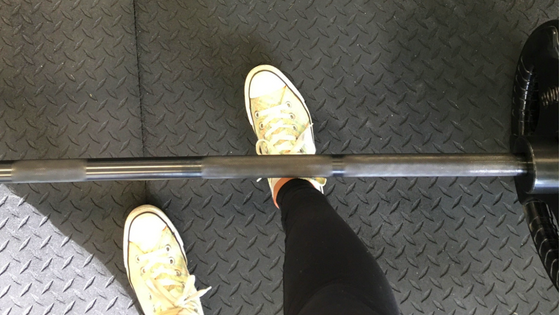
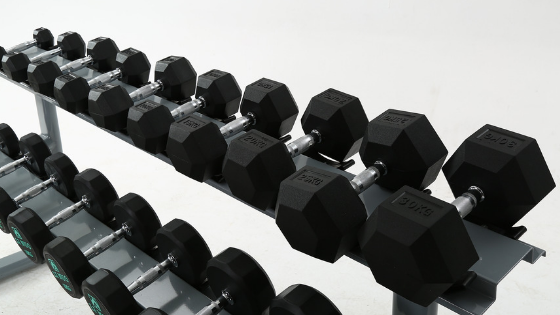
I like this post and I’m interested in changing the narrative, but I’m also interested/curious as to why body positive doesn’t include race, disability or gender as much? It also caught me off guard and I think that’s what should be flooding social media now. Maybe you stepping back is good, but I also agree that there’s room for us to do better with it.
Hey Tori! It absolutely should include all of those things. It’s original roots came from fat acceptance (at least from what I understand), but things like race, disability, and gender definitely need a lot more attention now. As someone with privilege in all these areas I do feel the need to step back, or at the very least consider how I’m participating in body positivity and how I can do better. It’ll be a little different for each of us for sure. Thanks for bringing this important stuff to light. 🙂
Dude I flipping love you! I’ve been reading your blog through my whole recovery, throughout which so many people who’s content I engaged with at the start of my journey transformed from compassionate to fat phobic, forcing me to unsubscribe. But not you!! This was an awesome, affirming read; it’s so sick to know that you engage with the HAES message on every level. We need more people like you in the fitness industry!!
Annie this just may be the best thing I’ve ever heard. 🙂 This is exactly why I do what I do. It’s interesting how the more we learn, the more we’re able to see the crap messages out in the world. My views are always evolving but hopefully for the better!!